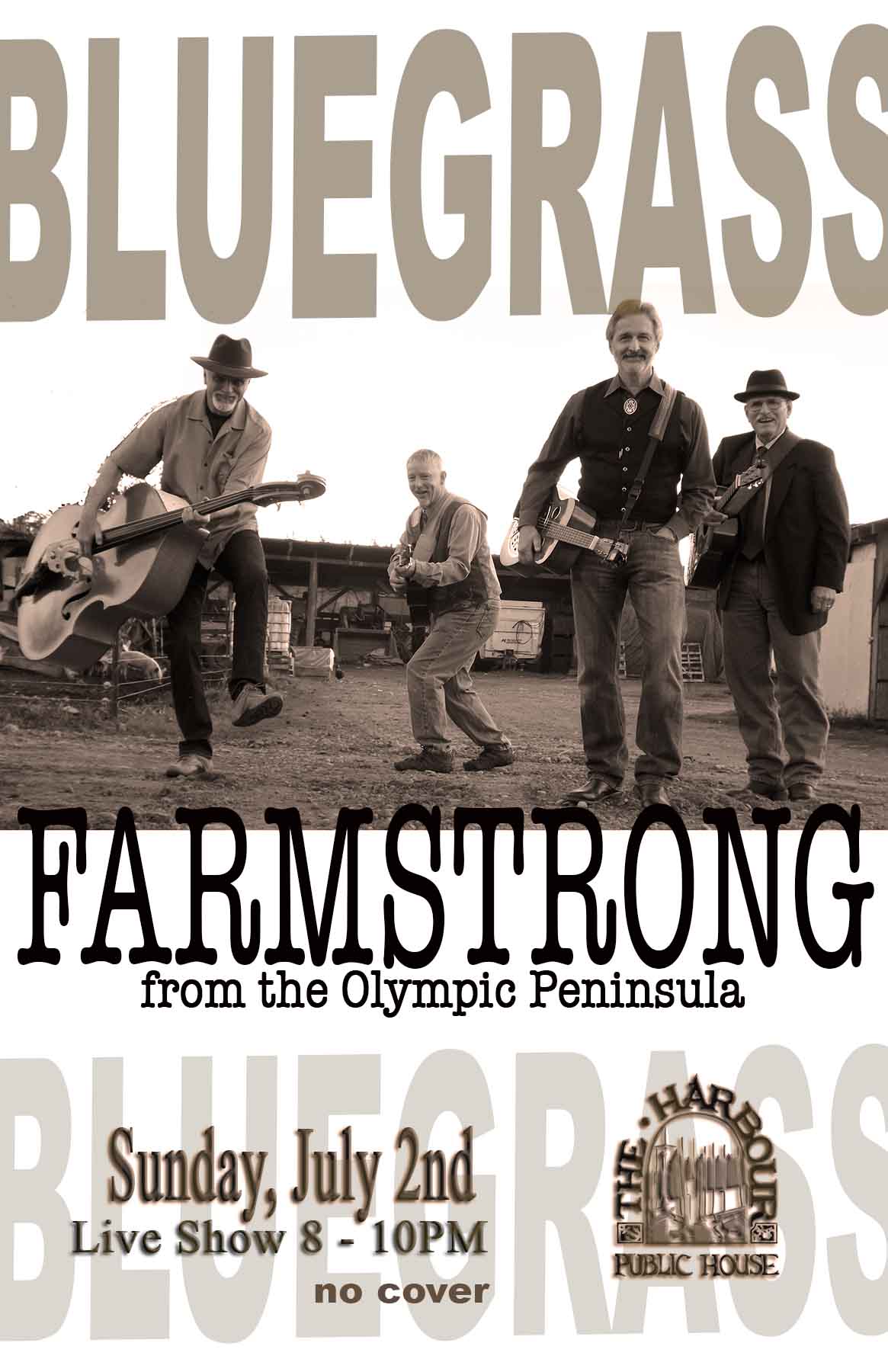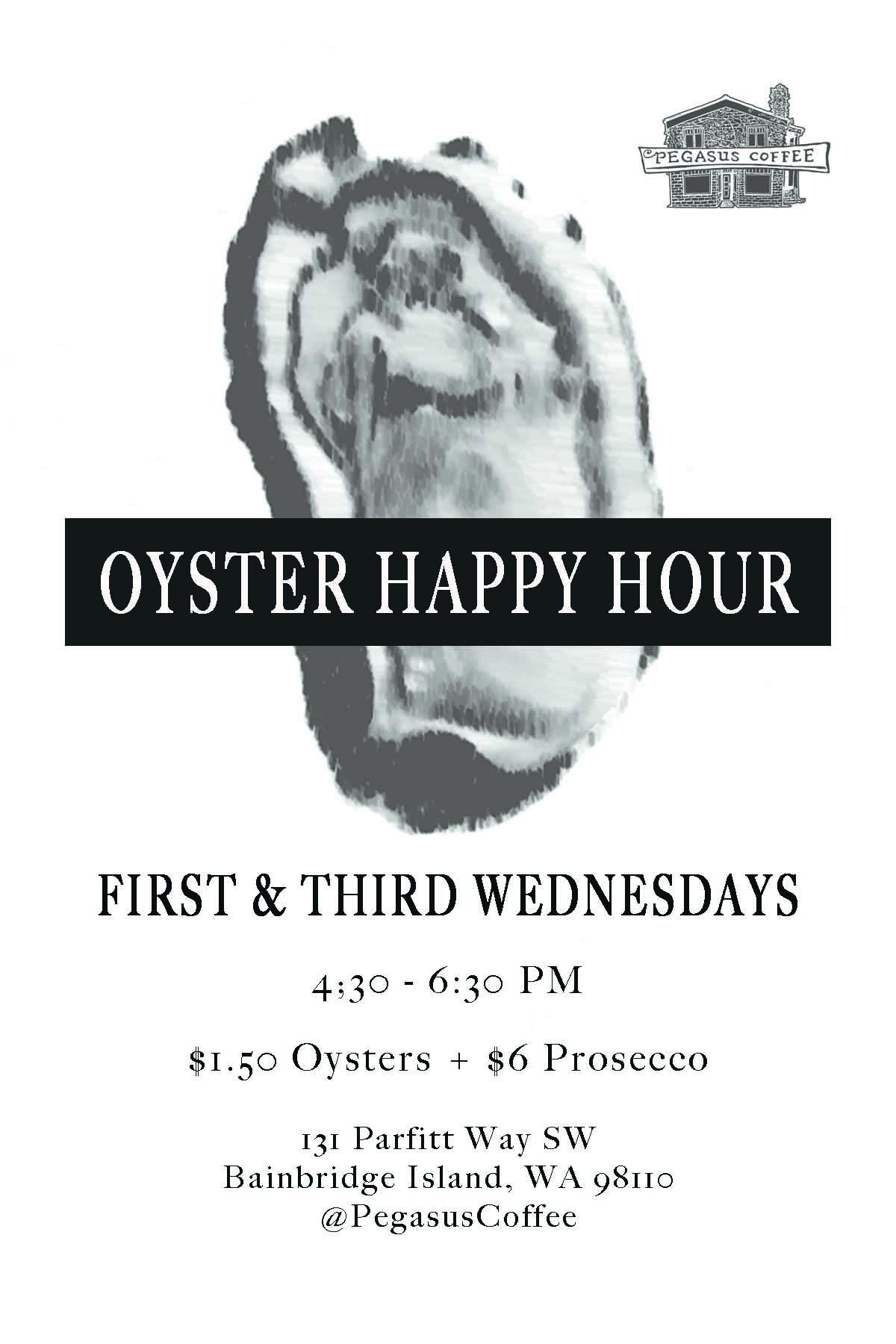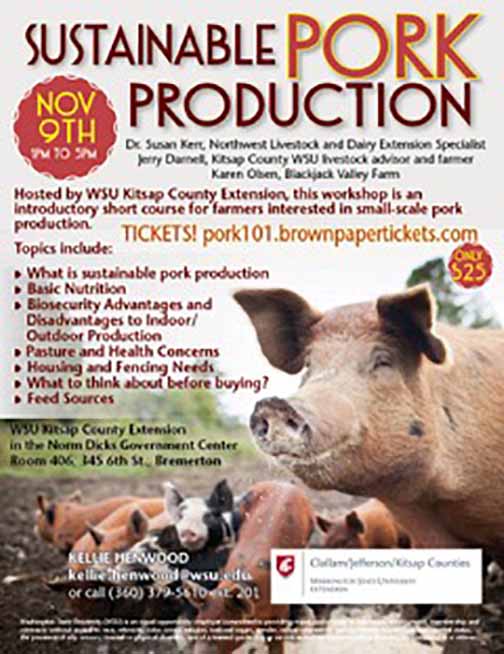Want Fries with your Order?
May 29th, 2020
Although we are rarely asked what’s in our french fries, we do get lots of comparisons to what Americans consider the flagship of fries – the ones that come in the red and yellow cardboard container underneath those yellow arches. Our list is a rather boring list since we make fries with only two (2) ingredients. We julienne russet potatoes and then double-fry them in trans-fat-free rice bran oil. But, back in 2015, in its effort for transparency, the clown-led, mega-chain published its list of ingredients using former Mythbusters host, Grant Imhara, in a video that you can find on Youtube.
To save you from the search (and several wasted hours getting side-tracked by kitten and bikini fishing videos) I’ll share their published ngredients list in the U.S.A.:
1. Potatoes
2. Canola oil
3. Soybean oil
4. Hydrogenated soybean oil
5. Natural beef flavor
6. Hydrolyzed wheat
7. Hydrolyzed milk
8. Citric acid
9. Dimethylpolysiloxane
10. Dextrose
11. Sodium acid pyrophosphate
12. Salt
13. Corn oil
14.Tertiary Butylhydroquinone
The first ingredient that neither you nor I can pronounce (#9) is used as an anti-foaming agent in the fryer oil. It is a silicone-based polymer and also used as a lubricant and conditioning agent in caulks and adhesives. The last unpronounceable ingredient (#14) is a synthetic antioxidant that is added to foods to prevent or delay oxidation.
Jim Faddis, Cort Armstrong, Rick Meade and John Pyles collaborate in an acoustic quartet that puts singing at the forefront of their sound. A very simple and distinctive instrumentation accompanies the band’s smooth vocal sound and brings the songs they perform to life. Like a fine whiskey, FarmStrong’s sound is pure distilled country magic. Not exactly what some would consider a country band, and definitely not a bluegrass band, FarmStrong taps deep into the roots of these musical genres, as it reaches beyond the surface to a vast array of American roots based music, from folk and rock, to Motown and blues.
New Year, New Service Charge
January 5th, 2017
Early in the Pub’s 25-year history the owners followed a straightforward tip out system to make sure that, on a busy night, the entire staff earned a fair share of the night’s earnings.
At most restaurants, servers and bartenders who receive tips, rake in much more money than the cooks and kitchen staff, who rely on an hourly wage. To spread the money more equitably, the Pub staff pooled tips at the end of the night. The money was then distributed using a system that everyone on staff understood. The tip-pooling practice was believed to foster a sense of teamwork, resulting in better service for the patron.
By 1998, the staff had grown quite significantly in both the front and back of the house. The Pub replaced tip-pooling with a tip-sharing system. In that system part of the server’s tips were distributed to the kitchen staff – the cooks and dishwashers – based on a percentage of the server’s sales.
Both systems appeared to be legal, as far as the state and federal governments defined the law. But now, thanks to a February, 2016, decision reversal from the Ninth Circuit Court of Appeals, hundreds of Washington restaurateurs who employ similar tip-sharing systems are compelled to change how they pay workers to ensure they don’t get sued.
“Welcome to the debate around tip sharing, the latest flash point in the critical discussion the restaurant industry is having around its flawed labor system,” repeats Pub co-owner, Jeff Waite.
Following the February decision, in Washington (and six other states) cooks and dishwashers are now prohibited from participating in tip-pooling schemes. Additionally, the U.S. Department of Labor announced that it would now enforce its tip-sharing prohibitions in all 50 states.
With the given risk, financial consultants and industry experts are instructing most restaurants to stop sharing tips with the kitchen and simply raise wages instead. Raising wages, though, means raising prices — and Waite frets over how much he can raise the price of a burger. “The worst part about it,” Waite goes on, “is I don’t know who this ruling reversal protects.”
Over the past 18 months, in the Seattle Area, where restaurants are booming and minimum wages are already mandated at $15 per hour, many multi-unit restaurateurs have been testing new ways to un-break the system. Introducing an automatic gratuity charge or making menu prices service-inclusive are two methods that give business owners legal control over the money they bring in and distribute to staff. But those strategies result in much higher taxes, and smaller operators are terrified diners won’t take to no-tipping models.
Regardless, many of the most popular Seattle restaurants, and the ones getting much of the press, have instituted a 20 percent service charge on the total bill.
Waite and his staff have devised a hybrid system. “We felt preserving the best parts of both a service charge, for staff wage equity, while keeping a tipping model, for familiarity, was prudent at this moment in time” he explains. Albeit, a much smaller service charge, 5% of the total bill, before retail sales tax, will be collected and distributed among the kitchen workers. A tip line will also be included on the guest check for patrons to add the customary gratuity at an amount that the patron is comfortable with. The tips from the tip line will be kept by the serving staff in accordance with the February ruling. Patrons are reminded that tipping on the 5% service charge (or sales tax) is not necessary.
Waite freely admits that to many, the change will only seem like semantics. “But that is the goal – despite the legal ramifications, our desire is to keep the average guest check from being inflated too much.”
“But if the result is that I have to spend a bunch of time getting involved in the intricacies of defending our tip pool, it’s not worth it. We want to focus on serving great food and drink.”
This just in… Oyster Happy Hour at Pegasus
December 2nd, 2016
WSU-Kitsap offers Pork Production 101
October 20th, 2016
Meet the Governor at Bay Hay & Feed, August 7th
July 18th, 2016
PetsWALK to Support the Animals of Kitsap Humane Society
July 14th, 2016
It’s summertime, the weather is fine, and opportunities to enjoy the sunshine with friends, family, and our pets are abundant! Join four- and two-legged friends at the beautiful Downtown Poulsbo Waterfront this Saturday, July 16, from 7 AM to 1 PM in order to support the Kitsap Humane Society (KHS) in their annual PetsWALK, a walk-or-run fundraiser, which includes vendors, live music, pet talent contests, pet costume contests, and games to help our furry friends at the animal shelter live happier lives.
Last year, PetsWALK 2015 broke record attendance, bringing together more than 400 walkers and runners (and 150 dogs) who participated in teams comprised of family, friends, coworkers, nonprofits, church groups—you name it! PetsWALK 2016 hopes to surpass both the fundraising and attendance for last year, so gather a team, register for the event, and join us in walking, running, or playing games in the name of KHS, sporting your PetsWALK t-shirt, free with registration. For extra fun, come with elaborate costumes for your team and pets, and join in the costume contest!
Choosing to fundraise for PetsWALK is easy and has fantastic prizes and rewards! Within two days of registering, you will be provided with a link to direct you to your own fundraising website, which can be personalized and even linked to your own sites and personal media, such as Facebook! Inspire your friends to donate to this crucial and fantastic cause—instead of buying a $5 mocha latte one morning, send that money to KHS, where that donation will be used to buy life-saving veterinary care, food, and so much more for these animals. Prizes for fundraising for KHS range from water bottles, pet bandanas, totes, baseball caps, hoodies, t-shirts and, wow, even an iPad for those who raise more than $2,500!
The fundraising goal for PetsWALK 2016 is $25,000, and KHS believes this goal is attainable with your help! While fundraising for the event is not a requirement, the incentives are high—Kistap Humane Society has spayed and neutered 2,301 animals in 2016 and rehomed 2,892. These sweet animals have been provided with food, medical care, shelter, and love by volunteers, veterinarians, and donations since the opening of KHS in 1908.
Due to the chaos around World War II, the KHS disbanded, but the need for an animal shelter only became more critical. During the war, the population of Kitsap County increased exponentially due in large part to military relocations, and with it, so did the animal population. When owners were relocated from Bremerton and the Kitsap area, many animals were left behind and, unfortunately, were often exterminated by law enforcement. Local animal advocate Almeda Harris Wilson saw a solution to this animal crisis and pushed for a revival of KHS in 1961, which succeeded due to support from county and city officials. Later in the sixties, the KHS was relocated to a brand new shelter in Charleston Beach because of a lack of space, which was then enlarged in 1971, but even the renovations were inadequate, and the shelter was relocated to a bigger property in 1989 in Silverdale, where it currently resides. Keeping this shelter open has not been easy, and it takes a village–or, in this case, a county—to thrive!
Like most, this independent, nonprofit, KHS functions solely on service, volunteering, and donations from fundraisers and private donors. Without events like PetsWALK raising money for KHS and similar shelters, it is unknown how Kitsap County would be forced to resolve stray or abandoned animals. Not only does KHS care for these animals, but they also match them to the perfect owners for a happily-ever-after that some never thought possible. Often, owners of shelter animals wonder, “Who adopted who?”
The shelter provides adoptions for dogs, cats, small animals, and occasional livestock, a Barn Cat Program, and fostering for injuured, traumatized, or young animals, as well as extensive veterinary care, such as microchips, spay and neutering, euthanasia, cremation, and vaccinations. Support can be offered to KHS through volunteering, personal donations, corporate donations, hosting a third-party event, In-Kind giving, planned giving, and bringing your friends and family to fun events such as PetsWALK!
Parking for the event will be provided by Gateway Fellowship in Poulsbo, and registration begins at 7:15 AM. If you’re attending for the pet vendors, head to the Waterfront Park at 8:30 to get the first picks of all that the merchants have to offer. The walk begins at 9 AM at Lions Park (6th and Matson), and contests commence at 10:30 AM at the Main Stage. The awards ceremony will be held at 11:45 AM at the park, and the ceremony will close by 1 PM. Scroll to the bottom of KHS’s PetsWALK event page to see the many sponsors and possible prizes you or our pet can enjoy! See you there!
Contributed by Christine St. Pierre
To till or Not to Till… That is the question
April 15th, 2016
Contributed by Christine St.Pierre
As the spring season arrives, those of growing our own food are faced with one of the great garden dilemmas and controversies: to till or not to till the soil. Tilling, or digging and turning the soil with a shovel, hoe, rake, or tiller, happens in a garden once or twice a year, when the soil is dry and warm. Those in favor of tilling use this approach in their gardens in order to loosen the soil for better drainage, prevent weeds from growing, and amend the soil with nutrients. Those who adopt the “no till” approach believe the soil will actually be healthier with less manipulation.
Appearing dormant and inactive, your frost-covered garden beds are actually bustling with life throughout the cold winter months. Microorganisms that balance the soil are hard at work boosting soil fertility, health, and structure. Such microorganisms, like bacteria, fungi, and algae, have their own agenda when it comes to soil health, and when left alone to perform their duties, your soil reaches optimum quality, as it would in its most natural state.
This is why many gardeners are in adamant support of the “no till” garden, which approaches seasonal gardening without tilling and turning the soil, so as not to upset the natural order of soil health. This, however, is not a “hands off” approach to gardening or soil maintenance; “no till” gardeners still apply layers of compost, mulch, and other soil amendments to the soil prior to the winter season and throughout, just as decaying plant life and leaves would provide to layers of topsoil in a natural setting.
Soil is naturally resilient; air pockets, created from root systems and layers in the soil, assist in nutrient displacement and drainage, as soil purifies and facilitates water in terrestrial systems. These layers in the soil, or horizons, have different characteristics and different roles to play in soil health. Plants thrive and grow in first two layers of soil, called the humus/organic and topsoil, which are comprised of decomposed plant material and mineral-rich organic matter. Beneficial microorganisms settle into these particular horizon layers in order to break down plant matter into supportable nutrients, produce energy by releasing nutrients such as nitrogen, sulfur, iron, and phosphorus, wear down synthetic pesticides and other harmful soil additives, and defeat pathogenic microorganisms that cause plant diseases.
When you till your garden bed, you also churn up and mix these vital horizon layers, wreaking havoc on soil’s natural systems, particularly in regards to bacteria and microorganisms. When exposed to surface air due to tilling, microorganisms become oxidized and die off. This initially releases a surge of energy in your soil and causes a rapid spike in soil health, but only for a short period of time. Soon, the microorganisms die, causing soil health to plummet and become nothing more than the dirt on our clothes or under our fingernails.
Temperature differentials also greatly affect the microorganisms in soil, which is why those who till must wait until the soil is warm and dry—the rule of thumb is, with every 18 degree rise in temperature, there is a 1.5 to 3.0 percent increase in microbial activity (Carrol/Waddington/Reike). Just as temperature affects microbial activity, so does moisture in the soil. Therefore, turning the soil moves cooler, wetter soil to the top. This warms and dries the newly moved soil, coinciding with the spike in energy that will eventually lead to a complete cessation of activity as the microorganisms die off.
If organic gardening and holistic food are your top priorities, try experimenting with “no till” gardening. Get back to the roots of natural food growth. The key to a successful “no till” garden is preventative treatment rather than curing depleted soil—you must tend to your soil yearlong, including late fall, winter, and early spring. Of course, there are reasons why some gardeners prefer tilling soil, such as large-scale crop production, use of synthetic soil amendments, and a strong belief that that system works best. But, the case for “no till” gardening is on the rise; it saves time, work, and, over time, creates an incredibly healthy and self-sustaining ecosystem in your soil.
Spring 2016 Brings Bountiful Events to Island
April 14th, 2016
Visit the Bainbridge Island Chamber of Commerce Community Calendar equipped with your planner and a pencil; this April’s crammed events calendar will have you picking and choosing. Within just the first week of April, islanders have already had the opportunity to attend the opening of the Bainbridge Island Farmer’s Market, Composting with John Barutt, Email-a-Tree, and Learn to Row—a Weekend Intensive. Aside from incredibly helpful opportunities with AARP Tax Assistance and the Career Center at the library, take a peak at a few of the events this April has in store for you.
Wednesday, April 13th
- Family Fun: Spaced Out, with Stuart Gibbs: Book readings aren’t just for adults. Bring your family to Eagle Harbor Book Company from 7-8 PM to listen to Stuart Gibbs discuss his latest young adult novel Spaced Out, from the Moon Base Alpha Find out what happens when the fate of a stolen Moon Base commander rests in the hands of 12 year-old Dashiell Gibson in this puzzling mystery!
- Protecting Pollinators with Ann Lovejoy: Be sure to attend this discussion from 7-8 PM at the B.I. City Hall Council Chambers as we move forward into flower, garden, and pollinator Yes, we’re talking about why pollinators—not just bees—are imperative, and in peril. Learn how to make pollinator-friendly private and public gardens with Ann Lovejoy.
Thursday, April 14th
- KRL Presents “Ferry Tales”: This month, join us at the Kitsap Regional Library for John Kennedy Toole’s “A Confederacy of Dunces.” The free event lasts from 4:30-5:15 PM.
- Community Discussion and Book Signing: “Passings” with Holly Hughes: To welcome Earth Day properly, attend Eagle Harbor Book Co. at 7:30 PM to listen to Indianola Poet Holly Hughes discuss the extinction of fifteen species of birds in her most recent 15-poem chapbook. The passing of these birds is a reflection of our own demise, and a community discussion will hopefully enhance our outlook and input on the environment.
Friday, April 15th
- Bainbridge Symphony Orchestra Presents: “Movie Music LIVE!”: Performances Friday and Saturday evening at 7:30 will bring to life the music that you know and love film, stage, television, and even video games. A unique musical outing for the whole family, hosted by the Bainbridge Performing Arts Center. Catch a last minute showing Sunday, April 17th at 3 PM.
Saturday, April 16th
- 2016 “Call to the Wild” Gala Auction & Dinner: This 12th annual gala auction and dinner supports the West Sound Wildlife Shelter and their educational and rehabilitation programs. Live and silent auctions as well as raffles and fun activities will bring the Puget Sound community together to support future stewards and philanthropists as well as various environmental non-profits.
- Rain Garden Basics: A mid-day tutorial on the purpose and promise of rain gardens. Join WSU Extension Rain Garden Mentors at the Kitsap Public Library from 1-3 PM to go deeper in to the aesthetics and engineering of rain gardens, particularly in regards to reduction of pollution and storm water runoff.
Wednesday, April 20th
- A Sense of Place: Cascadia and Alaska in a Time of Climate Change: Dan Kowalski will discuss the human connection to our planet—and, in particular, the Cascadia bioregion—at the Bainbridge Public Library from 7-9 PM. A sense of place and a relationship with our natural home can bring greater understanding to our role in climate change. Kowalski’s discussion will emphasize Alaskan glaciers.
Thursday, April 21st
- Pints for Pets at Wobbly Hopps Brewery: Venture to Bremerton for this third annual event, hosted from 5:30-8 PM. $1 from every pour will be donated to the Kitsap Humane Society. Friendly dogs welcome!
- April’s Bainbridge Fruit Club Meeting: An important event for those of us with fruit trees on our property. Randy Lee will share his expertise on “Renovating Old Fruit Trees,” as well as what to do with fruit trees that have been abandoned or mismanaged. The event is from 6:30-8:30 PM at the Bainbridge Grange Hall.
Friday, April 22nd
- Celtic harps, Rare Instruments, and Wondrous Stories with Lisa Lynne & Aryeh Frankfurter: This San Francisco-based, multi-instrumentalist duo will mesmerize you with traditional and modern takes on folk music, as well as bountiful knowledge of Celtic music, and many stories from a professional career in the music industry. Tickets are $15 in advance or $20 at the door for this event, hosted from 7:30-9:30 at The Dayaalu Center.
Saturday, April 23rd
- Trees: The Best Technology for Fighting Climate Change: We all know trees are a powerful, life-bringing force of nature, but do we know of their many abilities to mitigate climate change? Learn with Olaf Ribeiro from 10 AM to noon at Strawberry Hill Center.
- Bainbridge Island Wine and Cheese Tour: This two-day event, from 10 AM to 5 PM, will feature the seven wineries on Bainbridge Island as well as local cheeses to highlight the tastes of the region. No tickets needed—tasting fees will be collected at the winery.
Sunday, April 24th
- Afternoon on the Trails: Honoring Earth Day, Islandwood opens up their many trails for your self-guided exploration, as well as their Investigation Station to help you and your little ones identify the treasures that you find or take photos of, from cones to shells to leaves. This event, from 1-5 PM, will help you transition from winter hibernation to spring in the outdoors!
Wednesday, April 27th
- Infographics: Where Art and Science Meet Climate Change: In a time where memes and images are given more attention to than articles and stories, we must learn how to better our information sharing via infographics. Marilyn Ostergren will discuss her work creating infographics regarding energy, environmentalism, greenhouse gas, and topics of that nature at UW. Learn how to raise awareness on climate change from 7-8:30 PM at the Bainbridge Public Library.
Greenwashing the Suzuki Property
March 7th, 2016
Editor’s Note: While we often try to remain neutral on political commentary, this argument hits a little too close to home to be ignored.
As I listen to the competing arguments for the preferred use of the Suzuki property, I am disappointed by the discussions.
In many respects, this is a bizarre story of a geographically exclusive city that prides itself on being environmentally conscious, whose city council can approve the construction of yet another 10,000-square-foot vacation home with a heated outdoor swimming pool, and simultaneously decry as an eyesore the “ugly” multifamily developments where working class people live. In other respects, this is a familiar story of America’s continuing clash between people of differing economic classes, who rely on each other, and yet cannot figure out how to live with each other.
Bainbridge Island’s service sector is teetering on the edge of unsustainability for one reason and one reason alone – lack of available workers. Historically, to maintain our two restaurants’ doors open we have required some 60 – 70 persons in our work force per year. That nets out to about 35 full time equivalents (FTE). We are just one employer on an island that continues to demand a vibrant and healthy downtown. Each year we watch as our available labor pool shrinks and the number of staff miles driven to get to work increases. In my many years on the Chamber of Commerce board of directors, I have heard a common refrain from the island’s employers. How is that good for the island and our island environment?
For those who are taking issue with the Housing Resource Board’s (HRB) proposal based on environmental concerns, please take pause. If Bainbridge Island is a defining place that embodies the best of environmentalism, then much of that movement becomes wed to the condition of the privileged. Privileged environmentalism is not progressive politics but a politics of the rich and comfortable that only claims progressive ideals. That brand of environmentalism becomes entirely consistent with – and is a close cousin of – class exclusionary politics.
Has Bainbridge Island, through its environmentalist claims, targeted for exclusion those workers who service the island-city?
I sincerely hope not.
I urge the City’s decision makers to actively engage and support the HRB’s proposals for the Suzuki property.
J.L. Waite
P.S. – If you’d like to read more about “environmental privilege” read The Slums of Aspen (Immigrants vs. the Environment in America’s Eden) by Lisa Sun-Hee Park and David Naguib Pellow, 2011, New Yoork University Press




